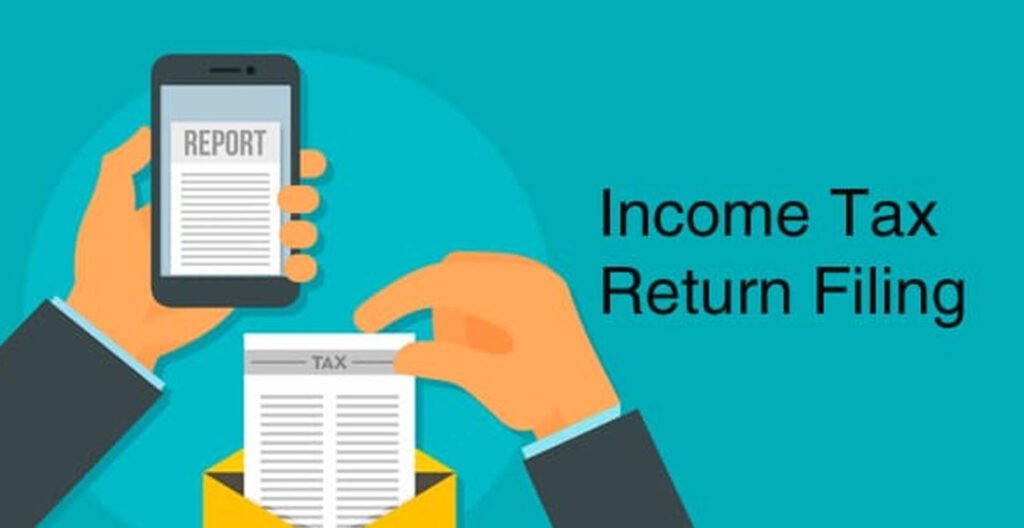
As the financial year 2023-24 has ended, taxpayers are gearing up for filing their tax returns. Divya Baweja, a partner at Deloitte India, points out several key aspects that each taxpayer must keep in mind to facilitate a smooth process.
Our leader, Divya Baweja, Partner, Tax, Deloitte India, highlighted the government's commitment towards improving taxpayer services whilst talking about the #InterimBudget2024 announcements.
Learn more about the (cont) https://t.co/D0aeY6piSr pic.twitter.com/tJ3Fzxt4lp
— Deloitte India (@DeloitteIndia) February 1, 2024
Taxpayers should choose the appropriate return form based on their residential status and income sources. The income tax department has enabled online ITR filing for ITR-1, ITR-2, and ITR-4.
- ITR-1 is filed by individuals, including the salaried class and senior citizens. Salaried individuals will be able to file the income tax return after Form-16 is available to them from their company.
- ITR-2 is filed by businesses and professionals who have opted for presumptive taxation and those individuals whose annual income doesn’t exceed Rs 50 lakh.
- ITR-4 is for resident individuals, HUFs, and firms (other than LLP) having total income up to Rs 50 lakh and having income from business and profession which is computed under Sections 44AD, 44ADA, or 44AE and agricultural income up to Rs 5,000.
All incomes, including salary, rent, capital gains, interest, dividends, etc, must be declared accurately, with appropriate cross-checking against relevant documents.
Choose Between Old Regime Vs New Regime Carefully
It is crucial to decide between the old and new tax regime, based on whichever regime is more beneficial. In the old income tax regime, income up to Rs 2.5 lakh is exempt and further deductions are available on certain investment and savings, which can reduce tax liabilities. However, under the new tax regime, income up to Rs 5 lakh is exempt, without any further deductions.
Reporting of specified assets and liabilities is mandatory for all individuals with total income exceeding Rs 50 lakhs. Resident and Ordinarily Residents require to additionally report overseas assets.
Reconciling tax deductions and advance tax payments is essential to determine self-assessment tax, wherever payable, since settlement of tax liability is a must prior to filing of the tax return.
After filing of the income tax return, completing the e-verification process is necessary for validation. If e-verification isn’t possible, signed ITR-V forms must be sent to the Bangalore Income Tax Department within 30 days of uploading the tax return.
Taxpayers can take cognisance of these key imperatives to ensure smooth filing of their tax returns.









This Post Has One Comment